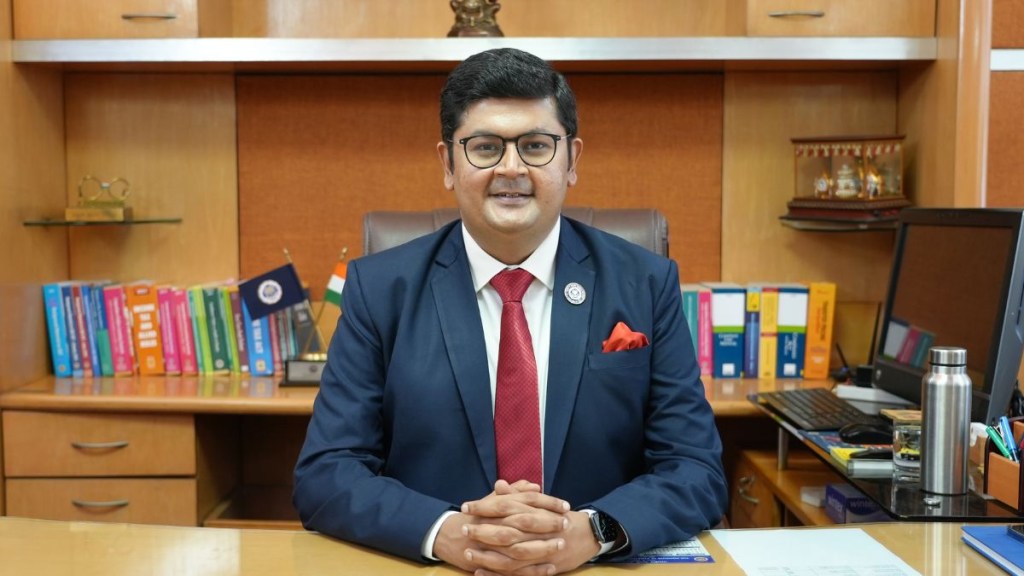On July 1, President Droupadi Murmu launched a new curriculum of chartered accountancy education and training, to equip future chartered accountants (CAs) with the skills to adapt to technological advancements.
CA Aniket Sunil Talati, the president of the Institute of Chartered Accountants of India (ICAI), told FE that a lot has changed in the Indian economy over just the last decade — almost free internet, digitisation of data, online tax paying, GST, and so on — and this has changed the role of most professionals, including CAs.
“The role of a CA has become dynamic,” he said. “Going beyond traditional areas of accounting, auditing and taxation, CAs have evolved as business advisors, strategists and forefront administrators.”
He added that emerging areas where CAs have started contributing immensely are:
—Business revenue models (planning and structuring);
—Forensic accounting and auditing;
—Social auditing;
—Planning strategies related to entry of overseas companies;
—Financial modelling;
—Insolvency-related consultation;
—Risk assessment and management;
—Corporate governance and management advisory services.
Training students
The ICAI’s New Scheme of Education and Training has a two-level information technology training as part of its course curriculum that trains students on data and digitalisation. Talati said that technology has enabled today’s CA students to access learning material and lectures easily, and have their queries resolved in no time, which was not the case a couple of decades ago.
“The New Scheme of Education and Training is in line with the International Education Standards and the National Education Policy 2020. Its objective is to build global-ready professionals by equipping aspiring CAs with the requisite competencies through enriched learning methodologies, cogent and holistic skill assessment, effective and focused practical training, industry orientation and multidisciplinary approach,” Talati said.
Salient features of the New Scheme of Education and Training are:
1. Seamless and focused practical training for two years. Industrial training for 9-12 months can be opted for in the last leg of the practical training period.
2. Mandatory paper on multidisciplinary case study (with strategic management) at the Final level to assess the integrated application of professional knowledge in different subject areas combined with the skills acquired during practical training.
3. Assessment by way of case scenario/study based MCQs for 30 marks in every subject at the Intermediate and Final levels to hone analytical skills of aspiring CAs.
4. Impetus on education in ethics and information technology by blending them with select core subjects at the Final level.
5. Implementation of international curriculum in line with the government’s objective of internationalisation of higher education.
ChatGPT and CAs
Generative AI technology (such as ChatGPT) can further change the role of CAs. Talati said generative AI can help CAs automate tasks such as data collection, analysis, reporting and compliance. “It can help CAs enhance their capabilities, such as detecting frauds, anomalies and risks, providing insights and recommendations, and creating value-added services for their clients,” he said. “But generative AI cannot replace human judgement, ethics and professionalism.”

